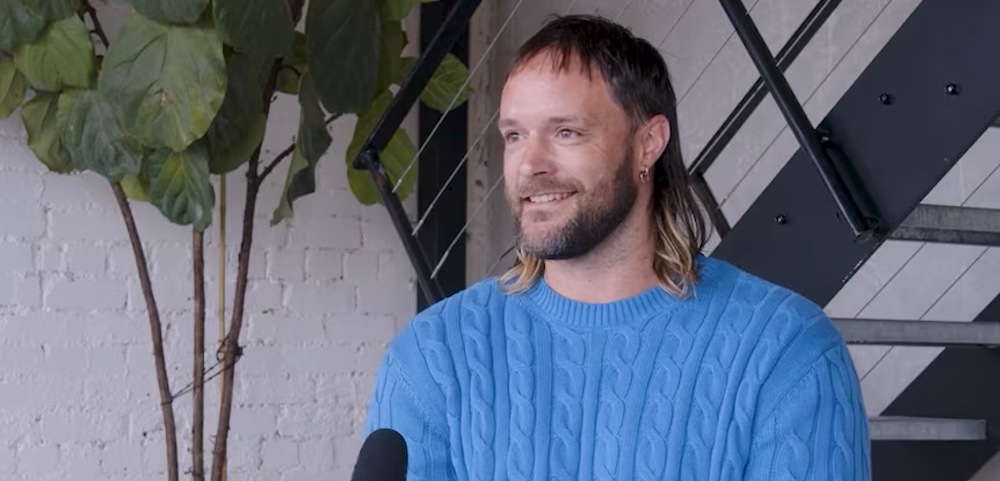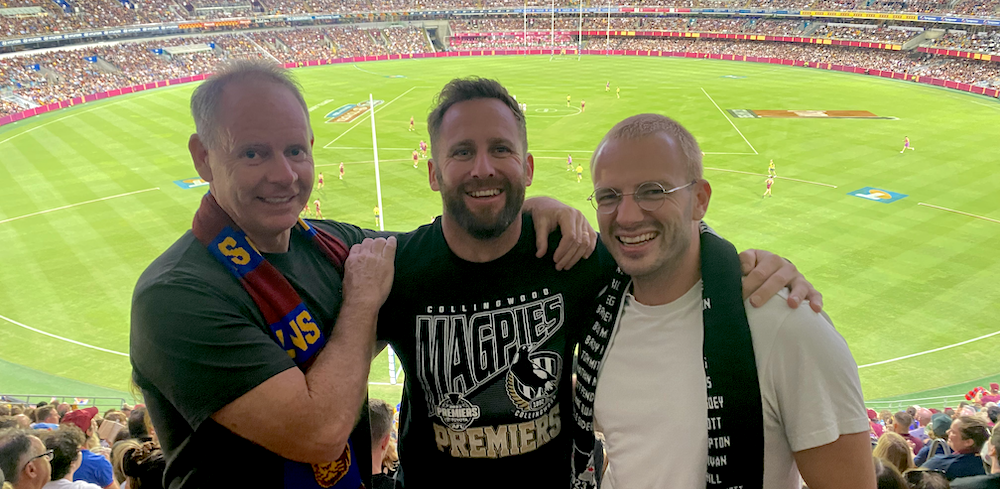

IN the Middle Ages, the Moors brought the Arabic language to Spain, including the cry of Insha’Allah – if it’s God’s will – which was eventually morphed into a local interpretation; ojalá.
In the Spanish language, ojalá is still used to indicate a person’s strong hope or desire for a particular outcome.
In 2016, an elder of a southern Indigenous Chilean tribe is using ojalá to express her hope for the good and free lives of not only her tribe, but for LGBTI people in her country.
“Many years ago we had a government, who if they found out someone was homosexual, they would throw them into the sea, they would kill them,” Sonia Catepillán tells Star Observer.
Those barbarian acts occurred during the time of the authoritarian General Carlos Ibáñez del Campo’s presidency which lasted seven years from 1924 until 1931.
It would take many decades until homosexuality would be decriminalised in Chile in 1999 and while things have improved for LGBTI people in the South American country, many people still face discrimination.
In 2012, Daniel Zumudio died after being beaten to death by a group of neo-Nazis in a park in the nation’s capital, Santiago.
Not all Chileans are homophobic and have been accepting of LGBTI people for centuries, including Catepillán’s Indigenous tribe.
She is the 72-year-old elder of the Huilliche tribe, who represent the southern component of the wider Mapuche tribe in Chile and whose land is on the frontier of the icy Patagonia, on the rugged Chiloé – the continent’s fifth largest island.
Catepillán recounts the story her abuela – grandmother – used to tell her about the Huilliche’s treatment of LGBT people.
“Our abuela would tell us the story that gay people were born with two spirits,” she explains.
“We called them epupillan. In the Huilliche language epu is the number two and pillan means spirit, so epupillan is a person with two spirits.
“So that person was born with two spirits, and with time it would become clear the person could be a woman with characteristics of a man or a man who had female traits.
“Within a family the epupillan were very respected and cherished. Those with two spirits were held in much higher regard and had special duties in the community.
“I think the word epupillan is so much prettier than saying someone is homosexual.”
Catepillán describes how fundamental the worship of spirits is to the Huilliche people and for a person to be perceived to be living with two spirits, is truly a thing of wonder.
“For indigenous people here, we really believe in spirits, I believe in the spirits of my ancestors,” she explains.
“That is my spirituality, I don’t go to church. So the epupillan are very special for us.”
The conservative Catholic church has played a powerful role in Chilean politics and culture with Indigenous tribes having faced their share of discrimination from successive Chilean governments who tried to suppress their traditional culture, including their worship of the epupillan people.
But that didn’t stop Catepillán and her family accepting gender nonconforming people.
“As a family we’ve never had problem with anyone, we accept all people,” she says.
“When I was a little girl, I knew a boy, he hung out with us, he played with us as a female.
“We knew that, but we loved him and he was very dear to us.”
Much like LGBTI people, things have improved for Indigenous Chileans who can practice their culture more freely, but they still face many problems; including institutionalised racism, violence, discrimination and segregation.
But Catepillán’s optimism refuses to be swayed.
“Things have changed a lot, people are free. They can say they have a partner who is of the same sex, they can be seen walking openly in the streets, they are not hidden anymore,” Catepillán says.
“In 2016 a lot of doors have opened for us (Huilliche) everywhere in Chile, we’re respected and we can practice our ceremonies… our ancestors’ spirits must be very content with how things are today for us.
“I am teaching children in school and my grandchildren about our traditions so they can respect their country, so that ojalá they can maintain our identity.”
Catepillán is happy. She is happy homosexuality was decriminalised in Chile. She is happy that her people can live more freely than in the past.
“With all the discrimination we have faced, we’re content and can live freely, things have changed,” she reflects.
“In the end we’re all the same.”









